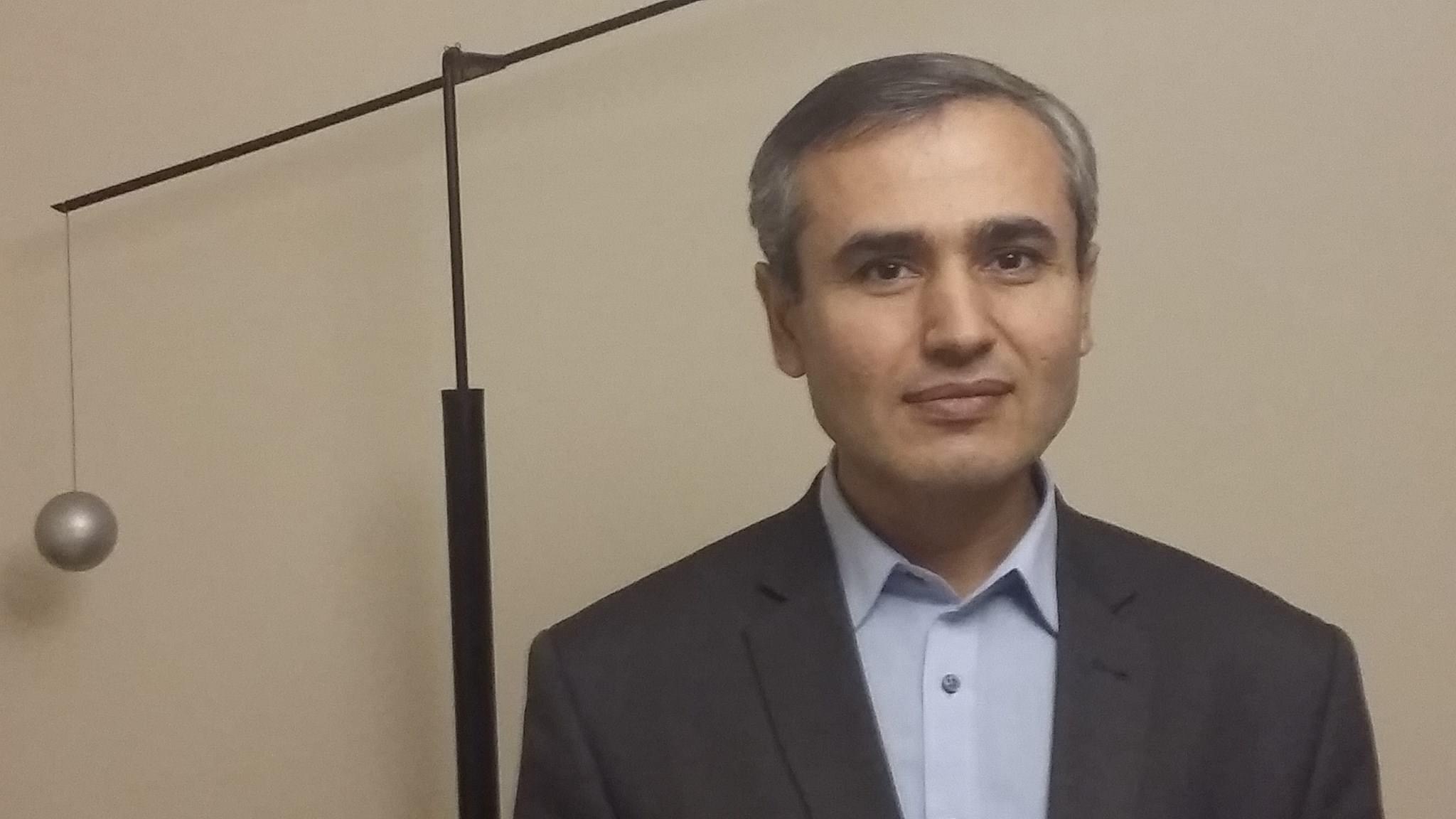
PRISON OF FEAR
We don’t know what a political prison is really like.
Only those who have been behind its bars know, but even they rarely speak about it. Political prisoners sometimes publish their cases, read while in prison, in the form of books, but they almost never talk about their experiences as political prisoners. Sometimes they tell stories as if they lived in an ideal city. Someone who never read books and always engaged in hooliganism and murder on the outside, in there has read more than three thousand books. And similar stories.
The prison of fear is familiar to many, though it is not talked about. It destroys one’s personality. Every day, a person there burns in the fire of their own conscience, searching for excuses, breaking their will to remain silent. Such torment, akin to the hell of the prison of fear, will continue until the end of life, until they silently die. They silently breathe until the last moment to avoid harming themselves. But at what cost? At the cost of ignoring the suffering of others.
In the prison of fear, we become accustomed to betraying our closest friends. Any good deed is done with the intention of betrayal. We gain each other’s trust only to eventually find the opportunity to sell each other out. We sell the shared plans, programs, and even ideals that we created for prosperity and eternity. But even in selling, we lack courage. We sell cheaply. For money, land, a house, clothing, a feast, and a position that doesn’t earn us respect either from our superiors or subordinates, because they know what it was bought for. We sell each other out for the generous promises of those greedy for wealth and power. Naturally, those promises will never be fulfilled.
The prison of fear eventually turns us into political refugees. At first, we sympathize with each other. We come together. Finally, we see each other as enemies. Our conversations are full of insults. The person we called our best friend and brother yesterday, we insult today by saying, “Maybe you’re recording our conversations?” This insulting suspicion comes from our cowardice, as we see an enemy in everyone around us if they don’t like our insults.
In the prison of fear, we create the image of a “lion” that “foxes” have trapped behind bars. But no one asks what kind of lion he was if foxes managed to trap him in a corner of refuge. In this prison of fear, thousands of kilometers away from Tajikistan, we curse others, calling them dishonorable and cowardly, asking why they don’t come to the square, why they don’t protest, why they don’t strike or demonstrate, why they don’t shield themselves against bullets and shells. No one asks: why do you call others, but don’t come to the square yourself?
The prison of fear ultimately makes us both insulters and insulted. Our approach to others is like a Russian machine gun burst, where we shoot anyone who comes near. We shoot with insults. Yes, who hasn’t insulted? Everyone, without exception. There are moments when there’s no other way but to insult. But from a psychological point of view, insult and abuse are signs of helplessness in the face of a problem. In the prison of fear, insult and abuse replace wise political planning, just as a machine gun or “Kalashnikov” replaces diplomacy.
Everyone I shook hands with later turned out to be incapable of anything but insults. I ask myself: how can I justify my support for them? Were they provoked? Were they insulted too? Is the answer to an insult another insult? None of these gives me peace of mind.
(Photo and text from the Facebook page of Dr. Hafiz Boboyorov)



